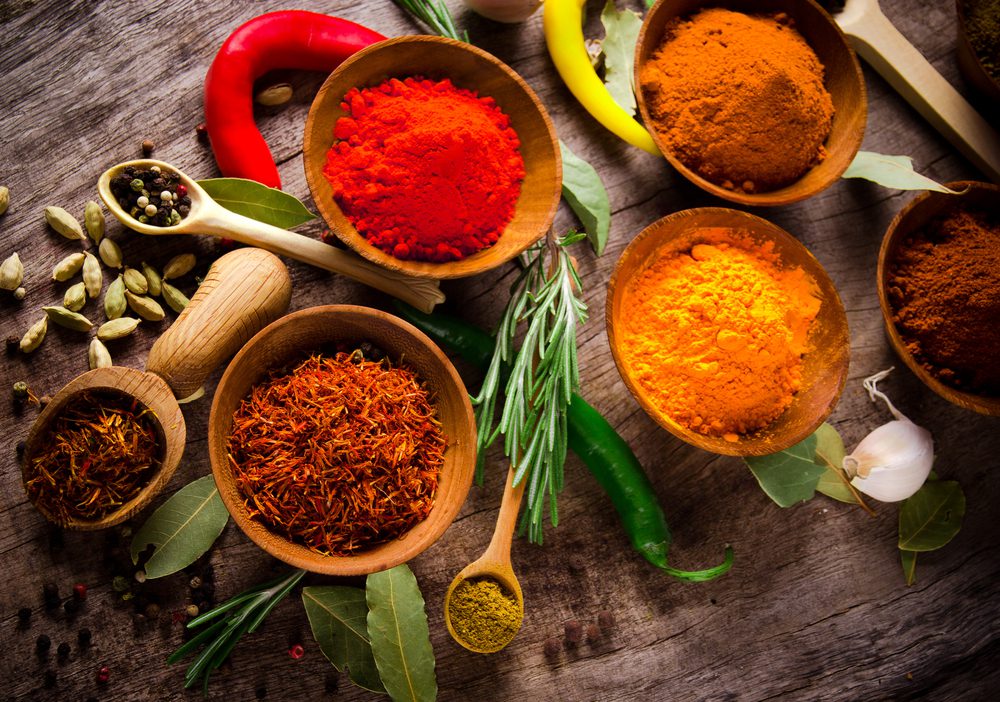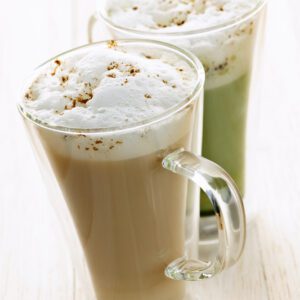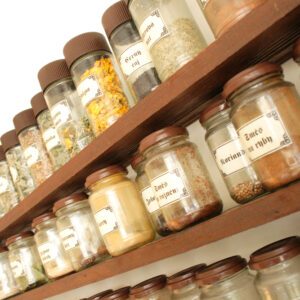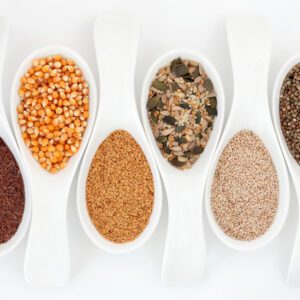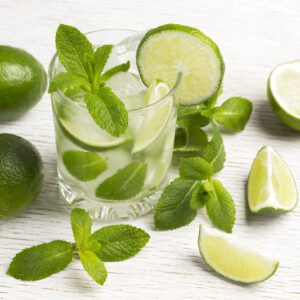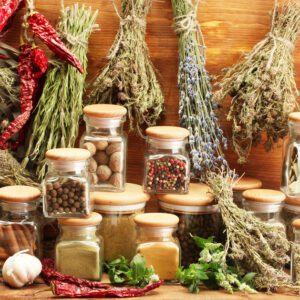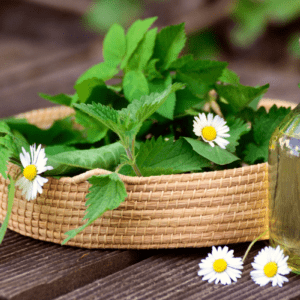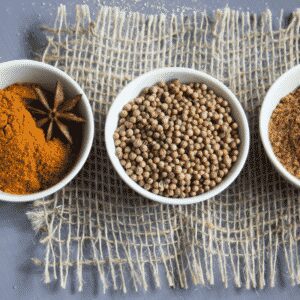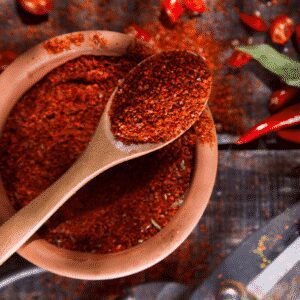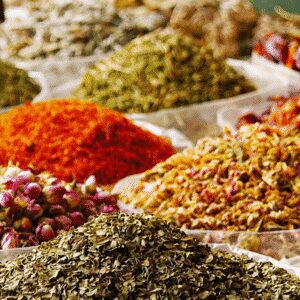Fresh vs. Dried Herbs and Spices: Which Should I Use?
Several debates and dilemmas around herbs and spices continue to increase because of the flexibility of options in the spice kingdom. These debates range from the difference between spices and herbs to perfect conditions for usage—fresh vs. dried.
This time on spice talk, we will go over all you need to know about fresh vs. dried herbs and spices. You will also learn about their interconversion threshold, so keep reading!
Are Herbs and Spices Better Fresh or Dried?
Incorporating herbs and spices in your cooking is for flavor enhancement. Herbs and spices contain aromatic compounds that add zest to food. However, the choice of what conditions you should use them depends on your recipe and the type of flavor. Some herbs and spices give better flavor when fresh, while others are better in their dried state.
Also, it comes down to personal preference, as there is nothing wrong with using fresh herbs and spices because you like them even though the recipe demands dry flavors. The reason is that cooking is an art of self-expression and should your flavor choices!
Generally, it is a good culinary practice to stock up on dried herbs and spices while picking a few fresh ones. However, it would help if you remembered that dried spices lose their flavor with time, especially in powdered form. As a result, you may need to restock your pantry every three to four months to get the best flavors.
Fresh vs. Dried Herbs and Spices: What’s the Substitution Threshold?
Believe it or not, you can substitute fresh and dried herbs and spices. However, you must pay great attention to the proportion as there is a substitution threshold.
Essentially, the general culinary rule for spice substitution is one in three. Where one is for the dried spice and three goes for its equivalent fresh counterparts. The reason is that dried spices contain a concentrated amount of flavoring because of their dehydrated state.
Additionally, most dried herbs and spices contain concentrates that add further richness to their flavor. Unfortunately, dried herbs lose their potency when stored for a few months.
The substitution threshold for spices is to use three times the fresh spices for every dried quantity. Therefore if your recipe requires one teaspoon of dried basil, you can substitute it for three teaspoons or one tablespoon of the fresh herb.
The substitute threshold is merely a culinary guideline and not a standard rule. As a result, you can adjust your spice substitutions according to your taste and preference.
When Is the Best Time To Use Fresh or Dried Herbs and Spices?
Fresh flavors are tender and do not require long cooking to avoid losing their essential components. Therefore the best time to add fresh herbs and spices to your cooking is towards the end or after. They are also excellent for fresh preparations like salads or spicy cocktails.
On the other hand, dried herbs and spices require intense cooking to release their inherent flavors. All dried spices need intense heat, whether with dried sage or nutmeg. Also, dried flavors are perfect for soups and stews instead of raw preparations.
In Conclusion
Whether dried or fresh, proper storage is essential to get the best of your cooking flavors. While refrigerating is best for the fresh ones, you can preserve the dried ones in a cool, dry place to prevent molds.

